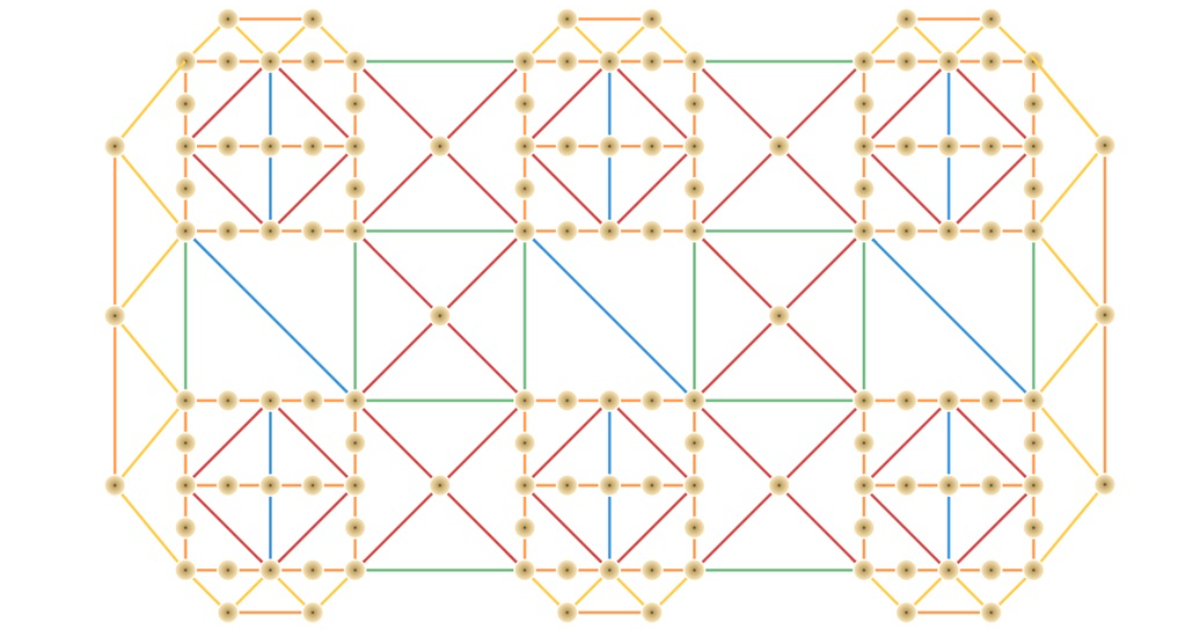
"Tinker supports a range of architectures, from small models to large mixture-of-experts systems such as Qwen-235B-A22B. Developers can fine-tune models by changing a single string in Python code. The API provides primitives like forward_backward and sample, which serve as flexible building blocks for post-training methods. The platform integrates LoRA to enable efficient GPU memory use across parallel fine-tuning runs, making it practical for research groups and teams working with limited resources."
"The company has also released the Tinker Cookbook, an open-source repository that implements common fine-tuning techniques using the API. This includes reinforcement learning approaches and preference optimization workflows. Early users from Princeton, Stanford, Berkeley, and Redwood Research have applied Tinker to tasks ranging from theorem proving to chemistry reasoning and multi-agent reinforcement learning."
Tinker is an API for fine-tuning open-weight language models that abstracts cluster management and automates scheduling, GPU allocation, and checkpoint handling. The service exposes primitives such as forward_backward and sample and allows developers to switch models by changing a single Python string. The platform supports a wide range of architectures including large mixture-of-experts systems and integrates LoRA for efficient GPU memory use across parallel fine-tuning runs. The Tinker Cookbook is an open-source repository implementing reinforcement learning and preference optimization workflows. Early users at leading research groups applied Tinker to theorem proving, chemistry reasoning, and multi-agent reinforcement learning. Tinker emphasizes lower-level, composable primitives while removing infrastructure overhead.
Read at InfoQ
Unable to calculate read time
Collection
[
|
...
]